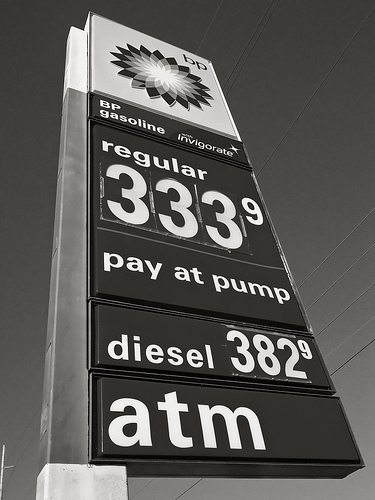Choosing which type of car to purchase usually falls under the “important/costly” category for many people. Vehicles of any type or model can be major purchases and, while every car will depreciate in value over time, you, the owner, will want to make sure that you will be able to squeeze every last ounce of value you can from the vehicle.
The Pros and Cons
When faced with such a decision, most individuals will opt for the classic decision paradigm of composing a pros and cons list. Creating a list of the pros and cons of a decision will help a person visible see and weigh the decision so that they can be more confident in their final choice.
The same decision making model can be applied to those who are considering purchasing a diesel vehicle or a traditional gasoline powered one. To help you in your pros and cons list, we have come up with our own short lists of both the benefits and drawbacks of diesel engine vehicles.
Pros:
- Diesel engines typically get twenty five to thirty percent better fuel efficiency than gas powered engines.
- Diesel engines do not have spark plugs or distributors, eliminating the costly replacement of these components.
- Diesel engines are purposefully built to withstand higher compression, meaning that they can usually last longer than their gas powered counterparts before needing repairs of any kind.
- The combustion process of a diesel engine provides more torque than gas engines, translating to more power in any vehicle with a diesel engine.
Cons:
- Diesel engines still need frequent maintenance the same as other vehicles, such as oil, fuel and air filter changes.
- Diesel fuel used to be less expensive than gasoline, but in recent years diesel fuel has been just as expensive or more expensive per gallon than gas.
- Diesel engines can be more costly to repair if you lapse in your maintenance and require the services of a diesel mechanic.
- Diesel engines generate more power than gas engines, but this power does not necessary translate into speed. Most diesel vehicles will be slower than their gasoline counterparts.
